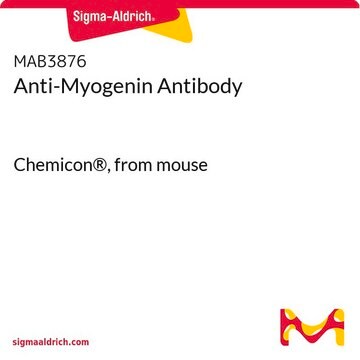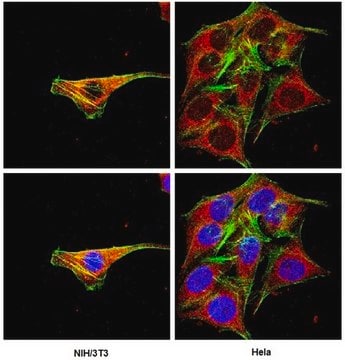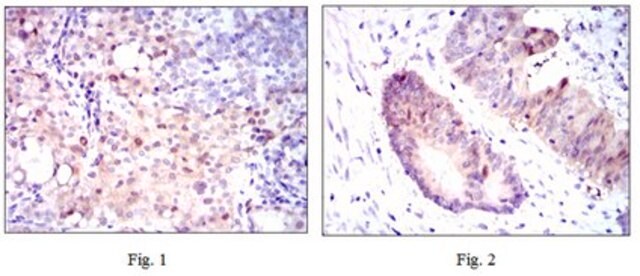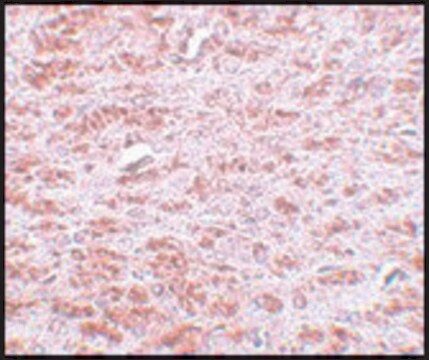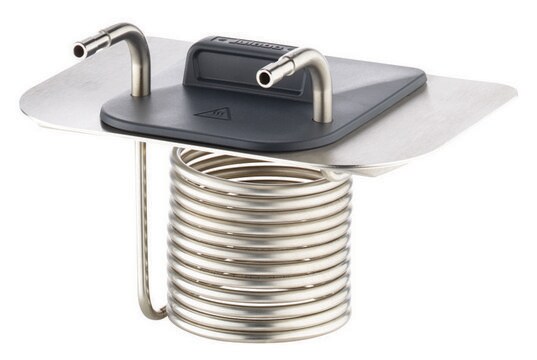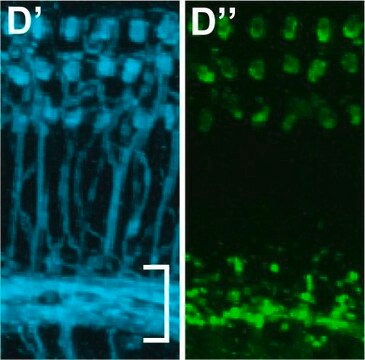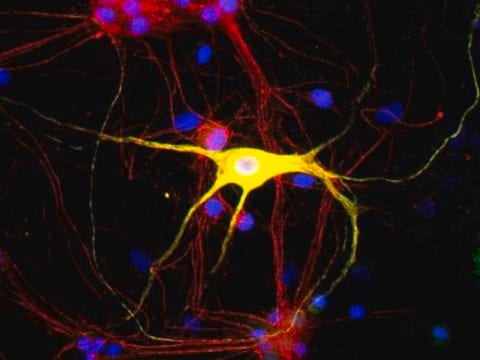MABN713
Anti-CA9 Antibody, clone 2D3
ascites fluid, clone 2D3, from mouse
Synonym(s):
Carbonic anhydrase 9, Carbonate dehydratase IX, Carbonic anhydrase IX, CA-IX, Membrane antigen MN, Renal cell carcinoma-associated antigen G250, RCC-associated antigen G250, pMW1, CA9
About This Item
IHC
WB
immunohistochemistry: suitable
western blot: suitable
Recommended Products
biological source
mouse
Quality Level
antibody form
ascites fluid
antibody product type
primary antibodies
clone
2D3, monoclonal
species reactivity
human
technique(s)
flow cytometry: suitable
immunohistochemistry: suitable
western blot: suitable
isotype
IgG1
UniProt accession no.
shipped in
wet ice
target post-translational modification
unmodified
Gene Information
human ... CA9(768)
Related Categories
General description
Immunogen
Application
Flow Cytometry Analysis: A 1:200-400 dilution from a representative lot detected CA9 in NTERA-2 cells.
Optimal working dilutions must be determined by end user.
Neuroscience
Signaling Neuroscience
Quality
Western Blotting Analysis: A 1:500-2,000 dilution of this antibody detected CA9 in HeLa and A549 cell lysates.
Target description
Physical form
Storage and Stability
Handling Recommendations: Upon receipt and prior to removing the cap, centrifuge the vial and gently mix the solution. Aliquot into microcentrifuge tubes and store at -20°C. Avoid repeated freeze/thaw cycles, which may damage IgG and affect product performance.
Analysis Note
HeLa and A549 cell lysates.
Disclaimer
Not finding the right product?
Try our Product Selector Tool.
Storage Class Code
12 - Non Combustible Liquids
WGK
nwg
Flash Point(F)
Not applicable
Flash Point(C)
Not applicable
Certificates of Analysis (COA)
Search for Certificates of Analysis (COA) by entering the products Lot/Batch Number. Lot and Batch Numbers can be found on a product’s label following the words ‘Lot’ or ‘Batch’.
Already Own This Product?
Find documentation for the products that you have recently purchased in the Document Library.
Our team of scientists has experience in all areas of research including Life Science, Material Science, Chemical Synthesis, Chromatography, Analytical and many others.
Contact Technical Service